Managing a successful winery involves juggling multiple tasks, from production and inventory management to sales and marketing to accounting and finances. As the wine industry evolves and competition grows, wineries must adapt and leverage technology to streamline their operations and drive growth. Traditional point solutions, while helpful in addressing specific operational needs, only solve one business problem and often fall short of providing a cohesive and efficient management platform. That's where a comprehensive winery ERP solution comes in.
There are several enterprise resource planning (ERP) solutions on the market offering features specific to a particular type of business. NetSuite, for example, has a full spectrum of features to streamline operations for food and beverage manufacturing, and solutions like Crafted ERP augment those offerings for niche verticals, like wineries.
Full-featured and industry-specific ERP software platforms can be designed to cater to the unique needs of wineries and other alcoholic beverage manufacturers. Offering a wide range of benefits, including increased efficiency, optimized production, streamlined administration and out-of-the-box automation, winery ERP solutions can be the ideal choice for wineries looking for a unified and efficient management system.
Keep scrolling to explore the advantages of choosing a full-featured ERP solution designed for wineries over multiple point solutions.

Point Solutions ≠ Integrated Winery Software Platform
While point solutions can offer targeted answers to specific business needs, they often create more problems than they solve when it comes to addressing the complex and interconnected challenges faced by wineries.
Point solutions almost always lead to a lack of integration. They are typically not designed to work seamlessly together, which can lead to data silos and disjointed processes. This lack of integration can hinder your winery's ability to make informed decisions, as well as slow down day-to-day operations. Point solutions can also lead to increased complexity, where managing multiple point solutions can be time-consuming and complicated for IT teams, as each system may have its own unique set of features, user interfaces and support requirements.
You will inevitably find it hard to scale your business as your winery grows. Adding new solutions or upgrading existing ones can be costly and time-consuming, making it difficult for your winery to adapt and scale efficiently. Inconsistency in data and processes is also a common challenge with multiple point solutions in place. You may encounter discrepancies in data and processes due to varying degrees of functionality and automation.
Key Benefits of Using a Full-Featured Winery ERP System
A full-featured, winery ERP system can offer many advantages over point solutions by addressing the unique needs and challenges faced by wineries. By integrating vineyard management software, winery ERP software, accounting software for wineries and wine production management into a single, cohesive system, you can unlock many key benefits.
Efficiency and Integration
One of the main advantages of a winery ERP is its ability to seamlessly integrate various aspects of your business, from sales and inventory to production and accounting. This integration enables data to flow smoothly between different departments, eliminating data silos and providing a unified view of your winery's operations. As a result, you can streamline processes, reduce errors and make more informed decisions, ultimately improving the overall efficiency of your winery.
Optimized Production and Supply Chain
Comprehensive winery ERP software is designed to help you optimize wine production by automating essential tasks and providing real-time insights into the production process. This allows you to produce more products in less time, better forecast order quantities and gain improved supply chain visibility.
Streamlined Administration and Automation
Winery ERP solutions help to simplify administrative tasks by automating routine processes and reducing duplicate data entry. This enables your team to focus on more strategic activities, such as improving customer relationships or developing new products. Winery ERPs are built with industry-specific automations, reports and functionality, ensuring that your winery is equipped with the right tools to manage its unique needs efficiently.
Scalability and Adaptability
As your winery grows, a full-featured ERP for wineries can easily scale to accommodate new business requirements, allowing you to expand and evolve without significant disruptions. In addition, winery-specific ERPs are designed to be adaptable, offering flexibility in the face of changing industry trends and regulations. This adaptability ensures that your winery remains competitive and continues to thrive in a dynamic market.
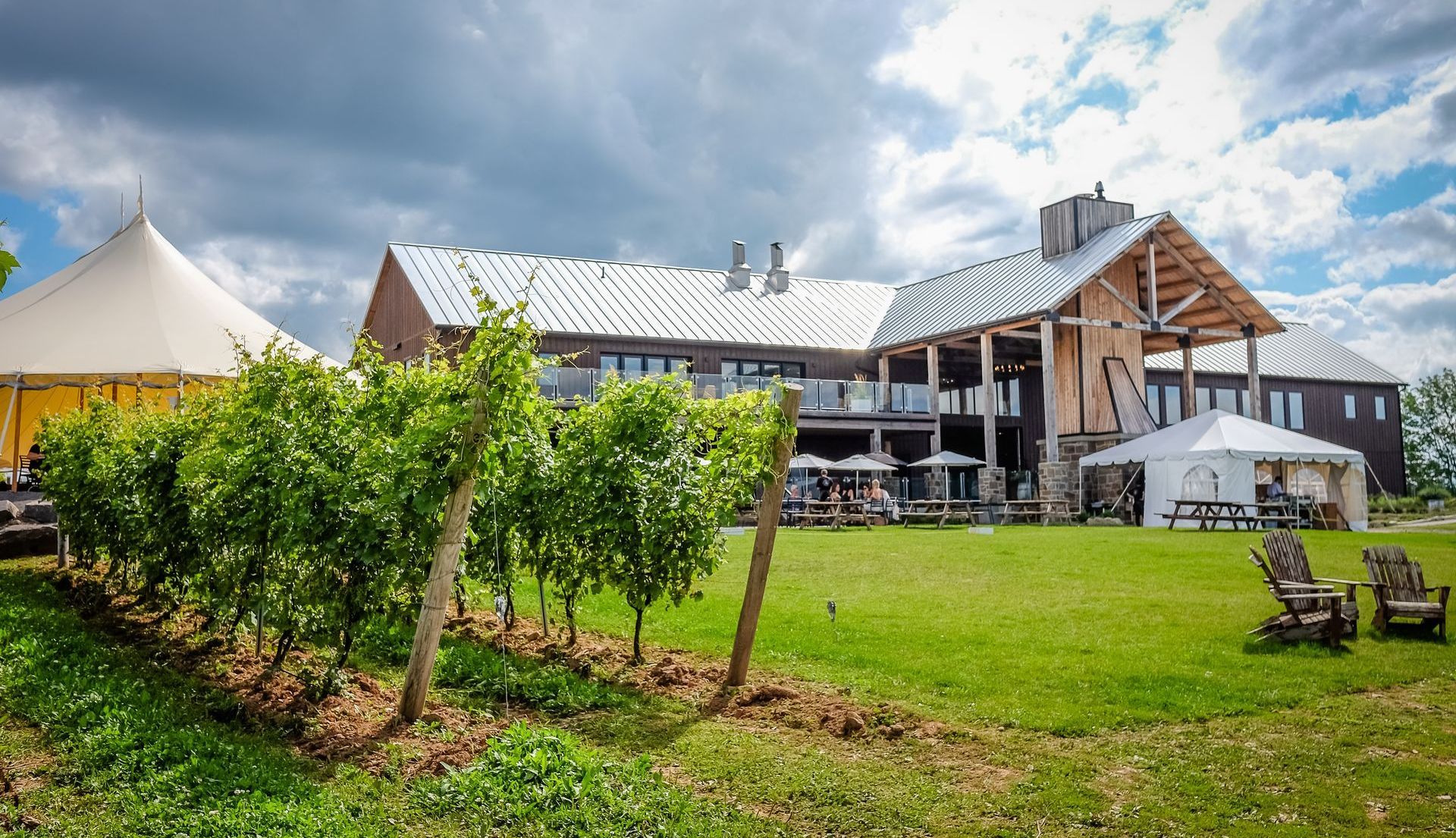
Embracing the Transition: Implementing a Winery ERP Solution for Long-term Success
Preparing for the transition to a winery ERP is a crucial step in ensuring a smooth implementation process. By involving key stakeholders, setting clear expectations and providing adequate training, you can facilitate a seamless transition from point solutions to a comprehensive ERP system. It's essential to create a well-defined implementation plan that outlines responsibilities, timelines and desired outcomes. This helps to align your team and minimize disruptions to your daily operations.
One of the most significant advantages of a winery ERP is its ability to identify and address pain points in your current processes. By consolidating your business functions into a single, integrated platform, you can gain valuable insights into areas that require improvement. This, in turn, allows you to make informed decisions and implement changes that lead to long-term efficiency gains and cost savings.
Measuring and tracking the success of your ERP implementation is vital in determining its impact on your winery's performance and growth. Establishing key performance indicators (KPIs) related to efficiency, production, sales and customer satisfaction can help you monitor progress and identify areas for further optimization.
Finally, continuous improvement and adaptation are essential aspects of maintaining long-term success with a winery-specific ERP. As the wine industry evolves and new trends emerge, your ERP system should facilitate ongoing optimization and adaptation to stay competitive. Regularly reviewing and updating your business processes, leveraging new features and functionality and staying informed about industry developments are crucial in ensuring that your winery remains agile and prepared for future challenges.
Key Takeaways
The advantages of choosing a winery ERP over multiple point solutions are numerous and can lead to significant improvements in efficiency, production, administration and overall business success. By implementing a comprehensive ERP solution, wineries can benefit from seamless integration across various aspects of their operations, streamlining processes and eliminating data silos that can hinder decision making.
Optimized production and supply chain management are also achievable with a winery-specific ERP. By automating essential tasks and providing real-time insights into the production process, wineries can maximize their output, improve forecasting and enhance supply chain visibility. This results in increased overall profitability and a competitive edge in the market.
A winery-specific ERP also simplifies administrative tasks by automating routine processes, reducing duplicate data entry and offering industry-specific automations, reports and functionality. This streamlining allows teams to focus on more strategic activities and ensures that the winery is equipped with the right tools to manage its unique needs efficiently.
Scalability and adaptability offered by a winery-specific ERP are crucial for long-term success. As your winery grows and industry trends evolve, a comprehensive ERP solution can easily adapt to accommodate new requirements and facilitate ongoing optimization. By embracing the transition to a winery-specific ERP and focusing on continuous improvement, you can unlock your winery's full potential and drive its performance to new heights.
If you’re interested in exploring a unified platform for winery management,
contact us to discuss Crafted ERP. Our experienced team of winery consultants is ready to help you streamline operations and optimize your winemaking business.

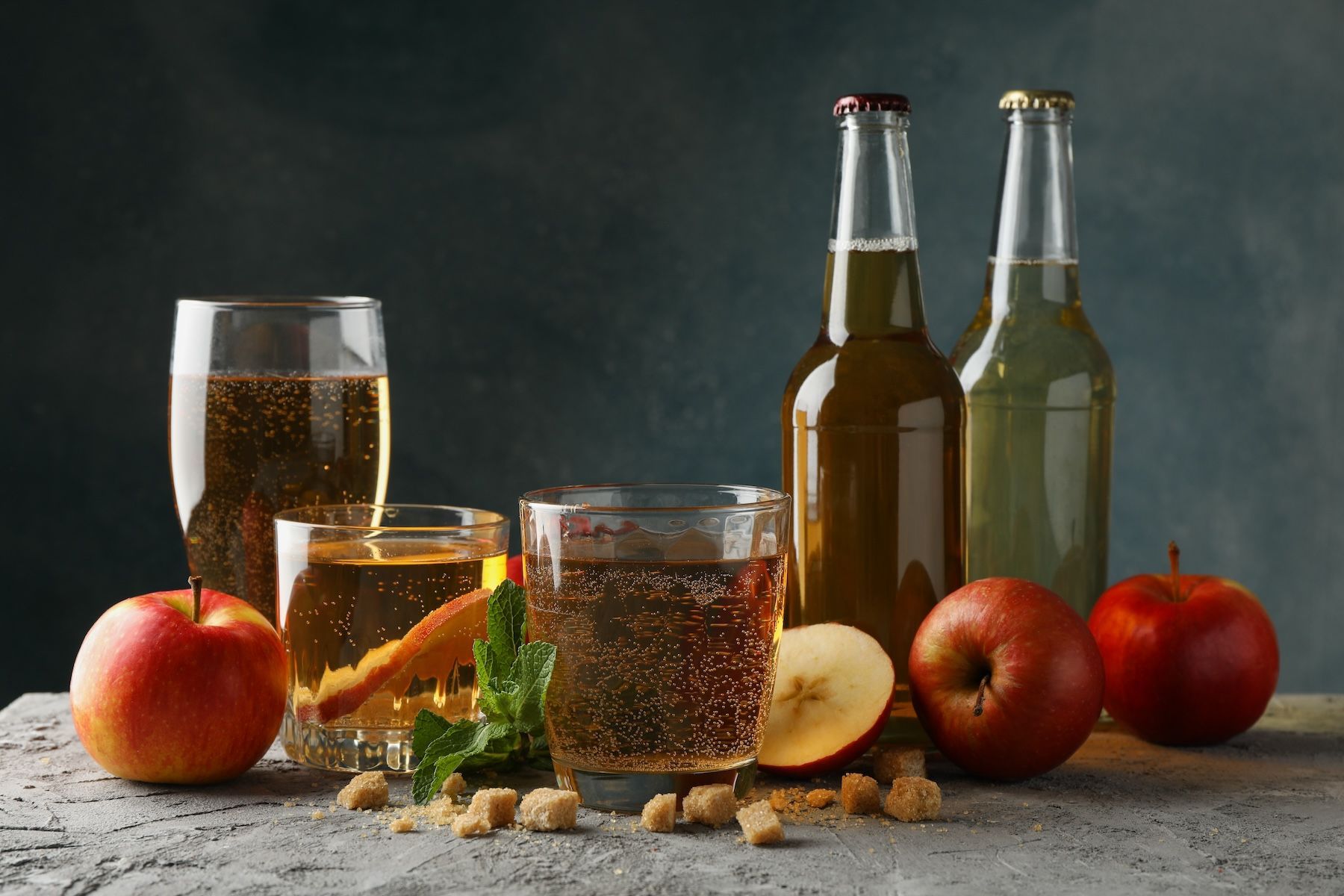
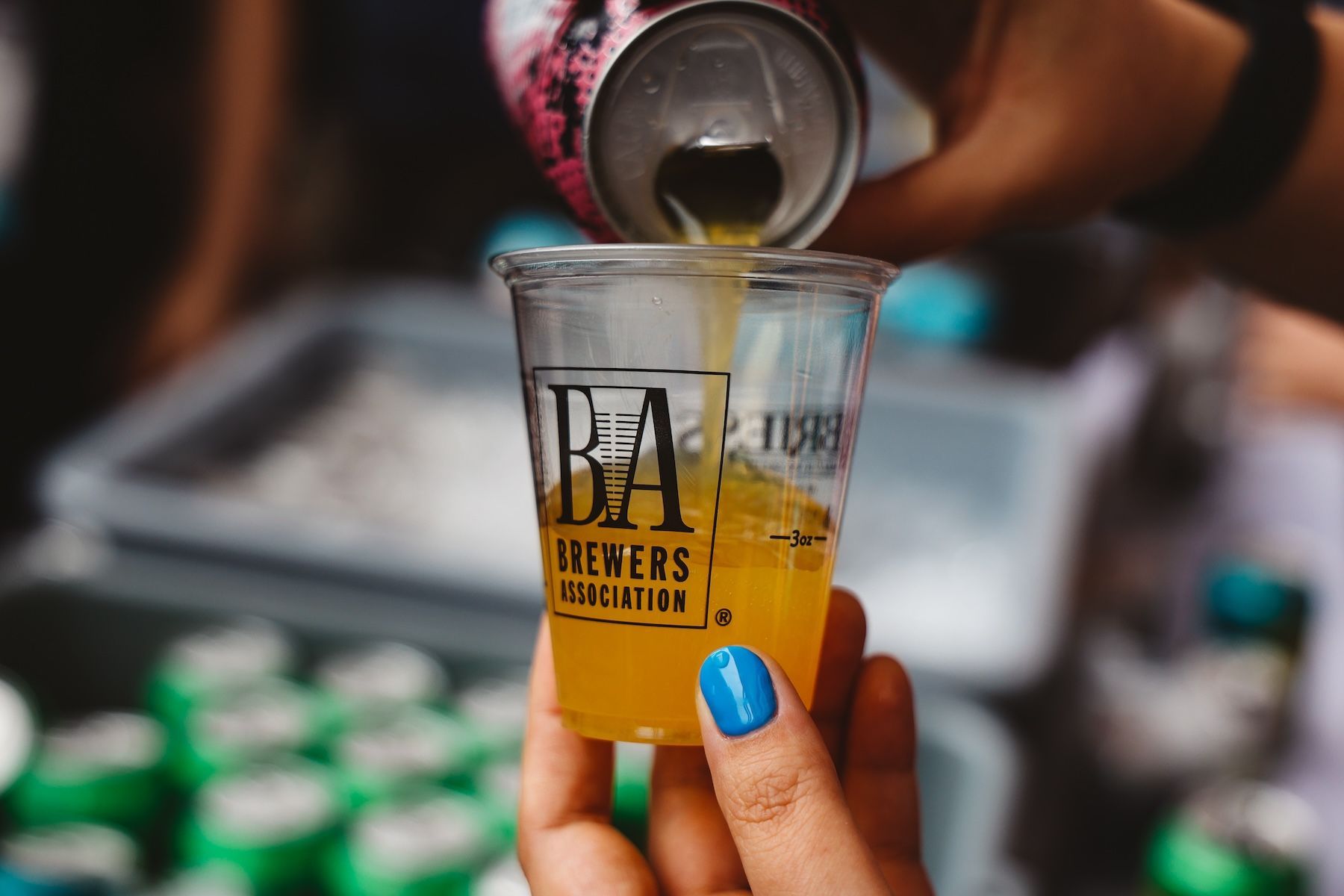

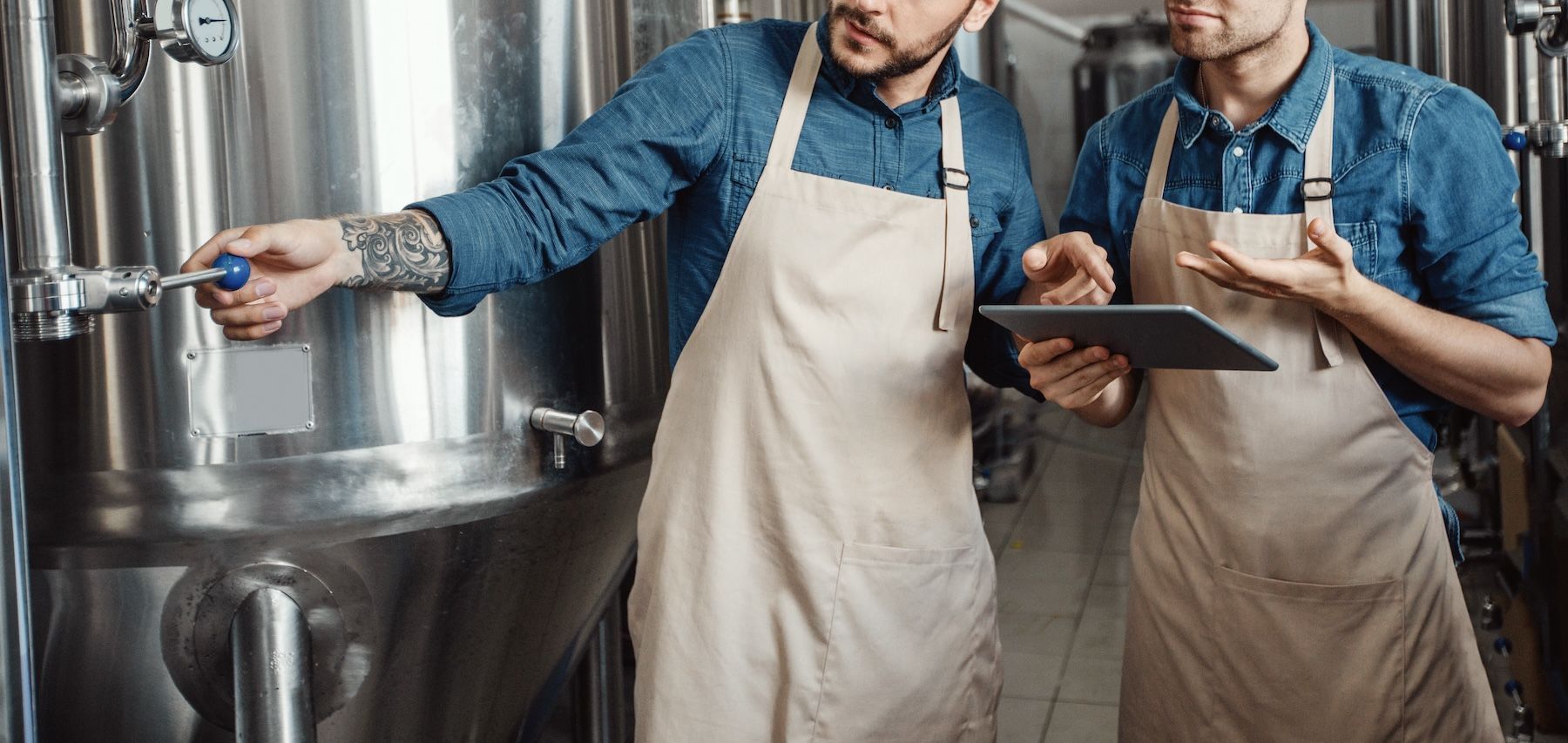
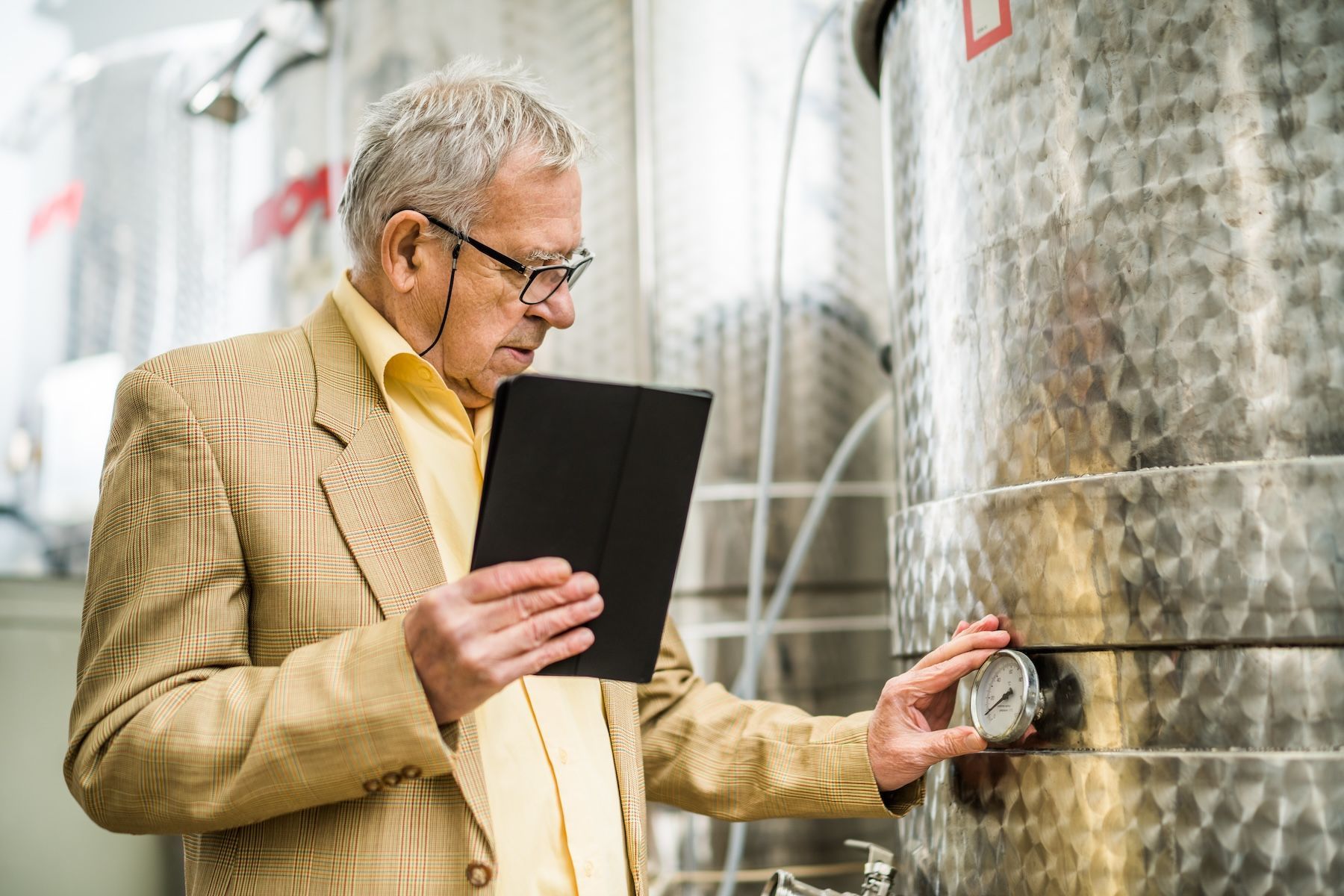
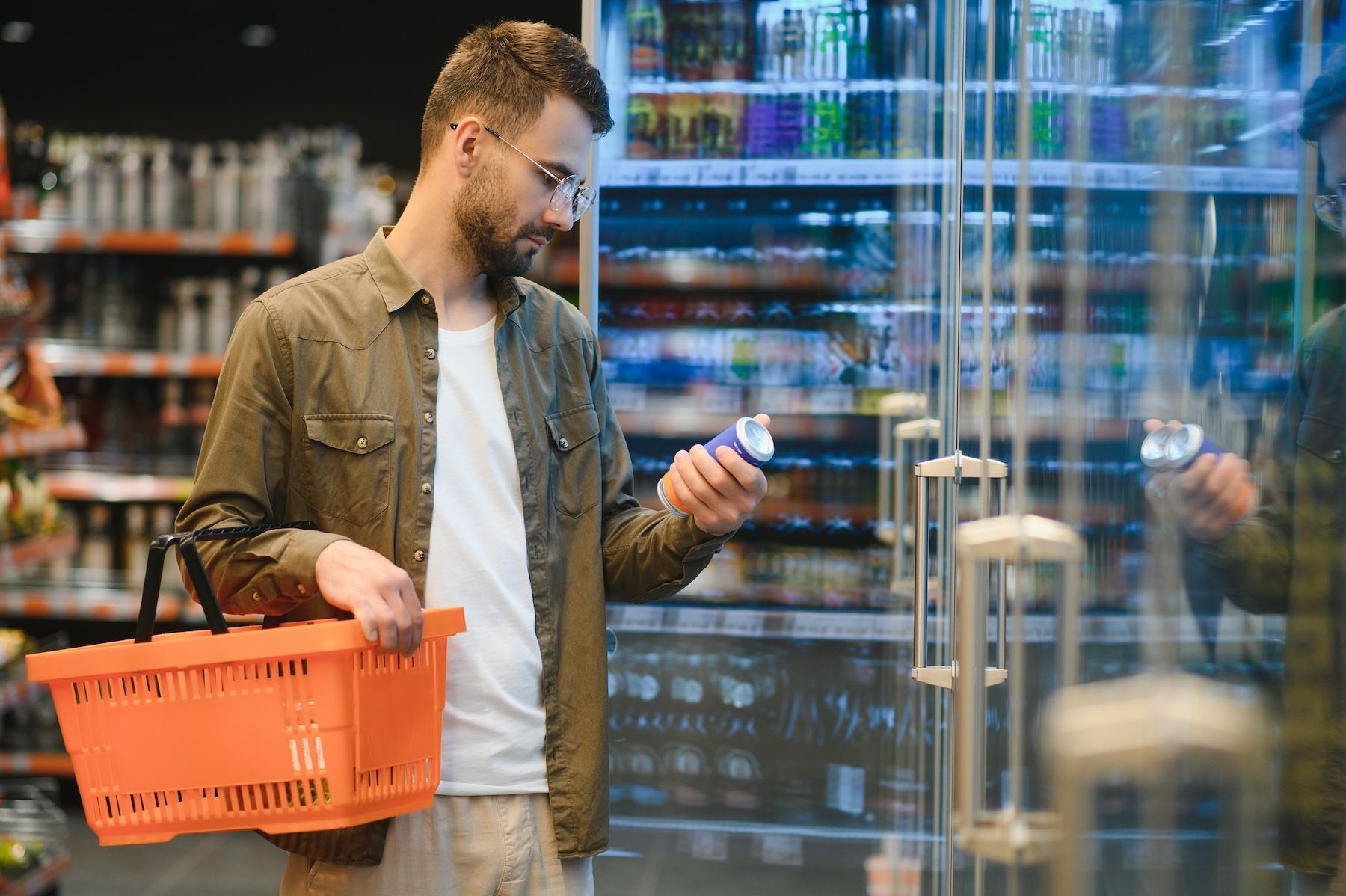

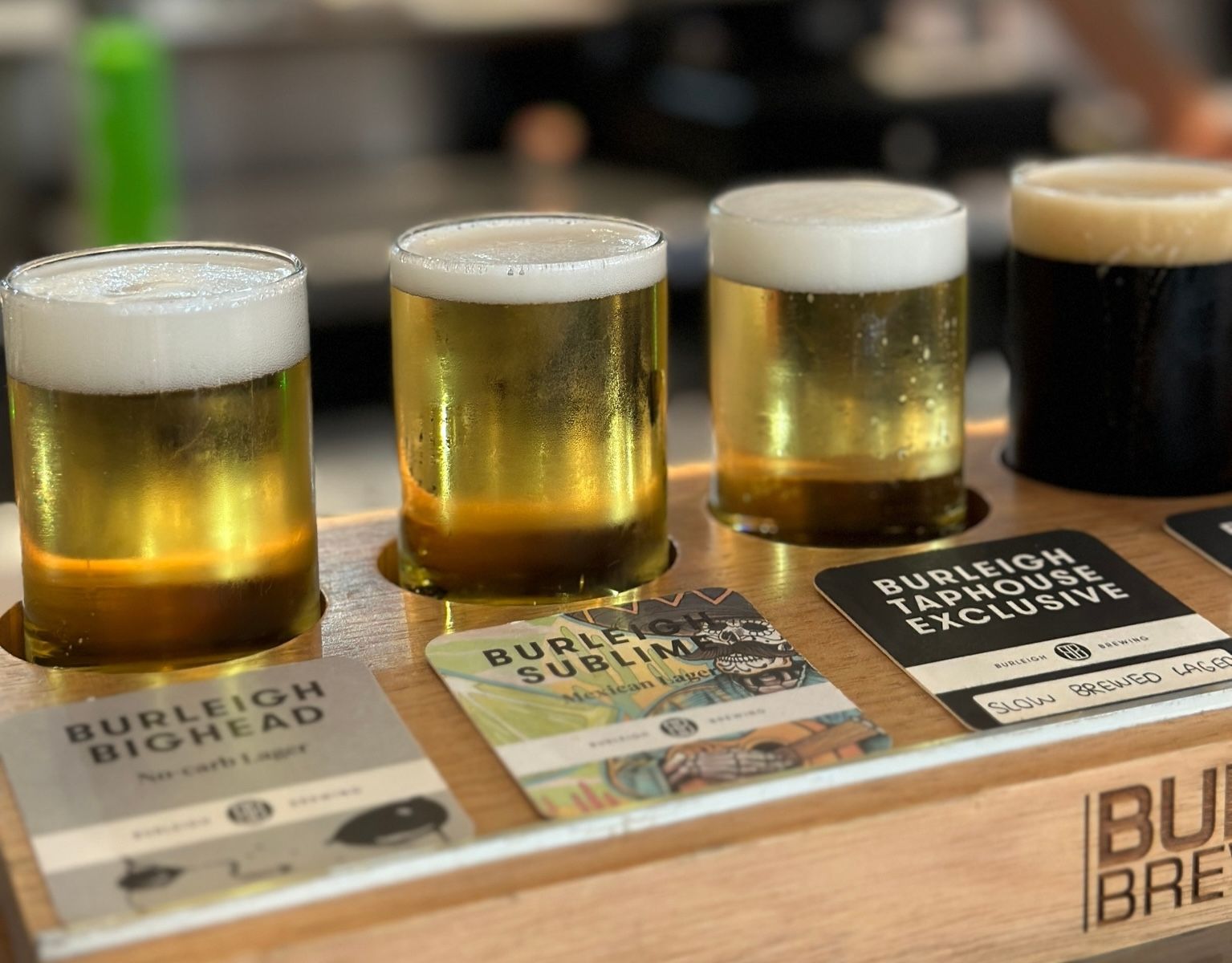
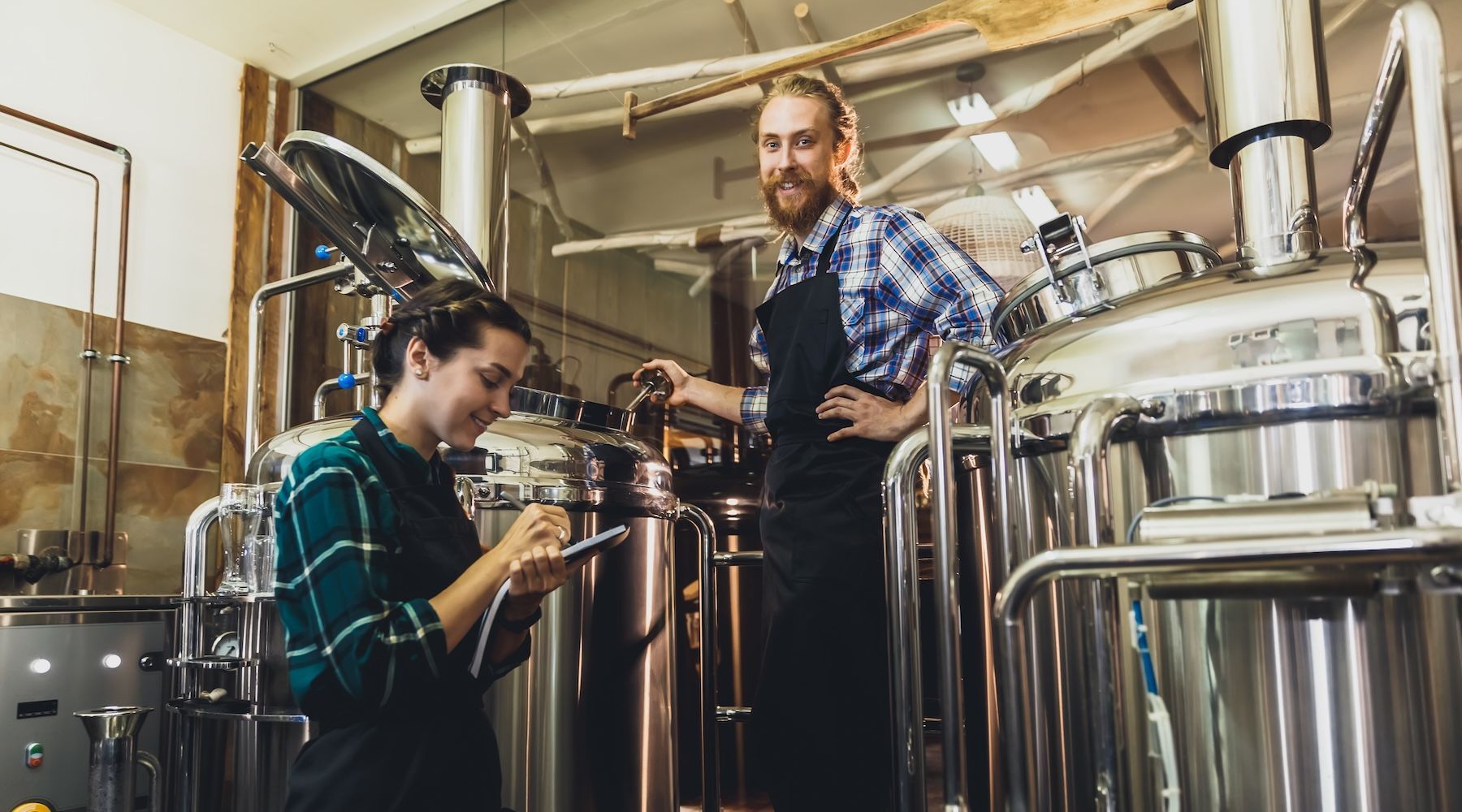
GET IN TOUCH
1512 Larimer Street, Suite #150
Denver, CO 80202
United States
(720) 699-0200
66 Goulburn Street
Sydney, NSW, 2000
Australia
+61 2 9044 1330

